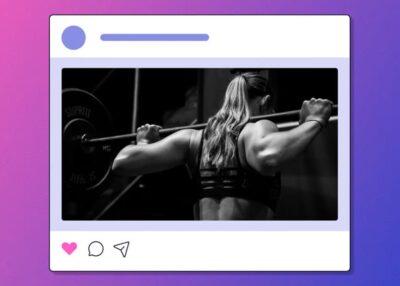10 Ways to Use Coupon Codes for Event Promotion
Coupon codes come in a variety of shapes and sizes. These codes offer a discount when applied to an order or at checkout.
For example, when shopping online you might come across a limited time offer for a buy one get one sale. This offer is usually accompanied by a coupon code that can be applied at checkout. Shoppers can enter the code to receive their promised discount, deducting the cost of the second item because it’s buy one get one promo.
But, can you use these same tactics for events?
Yes and you should!
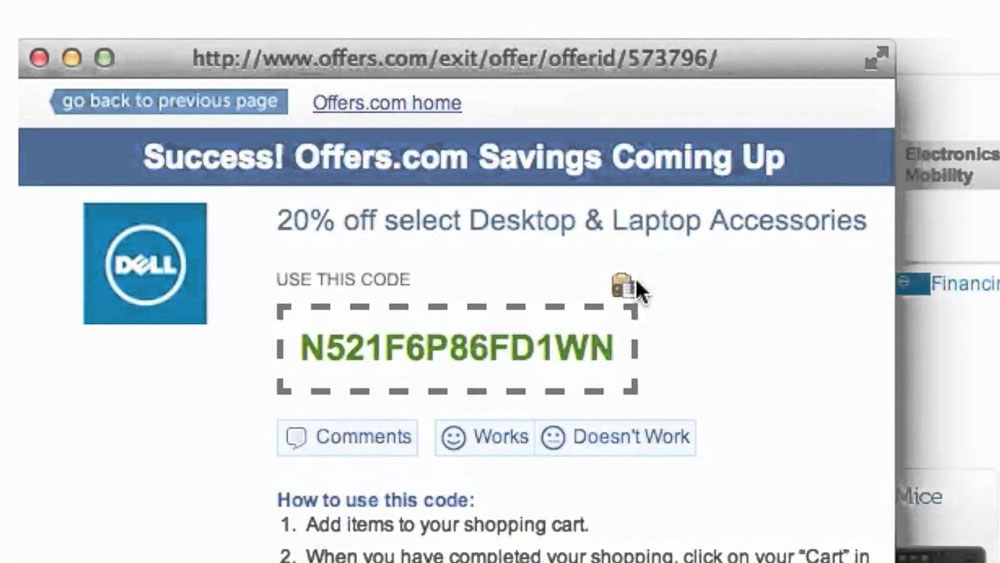
1. Group discounts (automatic discount codes)
Most events aren’t attended alone.
According to a poll taken in December 2004, the average American has nine “close friends” not including their relatives. Meaning, most likely, your customers will be inviting their friends and family to experience the event with them.
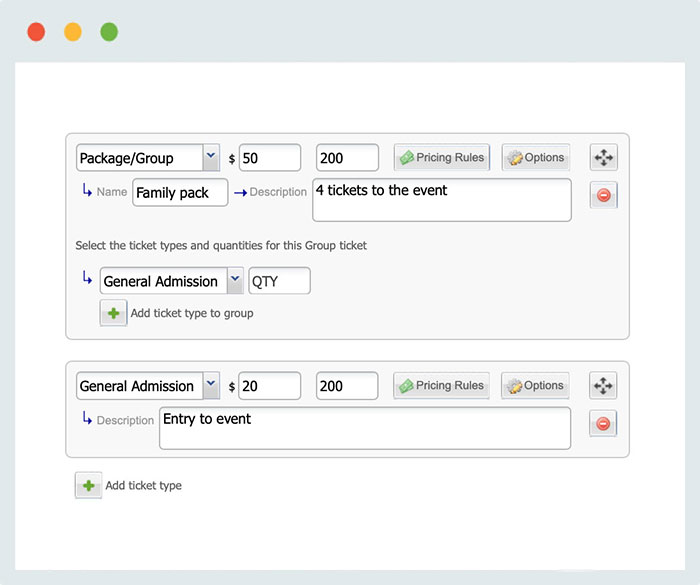 By offering group discounts and promos, you’re encouraging larger groups to attend your event. There are several ways you can use coupon codes for group sales:
By offering group discounts and promos, you’re encouraging larger groups to attend your event. There are several ways you can use coupon codes for group sales:
-
Offer a promo - if they buy X amount of tickets, they get the next one free
-
If customers purchase X amount of tickets in one order, they get a percentage of the total sale discounted. This is an example of an automatic discount that we will discuss later on.
- Offer a promo code that only works or is applied when they purchase a certain amount of tickets
2. Student or member IDs
The event industry is changing.
Education has moved to e-learning and the use of digital platforms. Virtual events have also transitioned to a more popular form for hosting events, allowing attendees to watch from their homes.
For example, all Purplepass users can upload a bulk list of student or member IDs to use as coupon codes. Once uploaded and applied to an event, members can enter their IDs at checkout to receive a discount before purchasing.
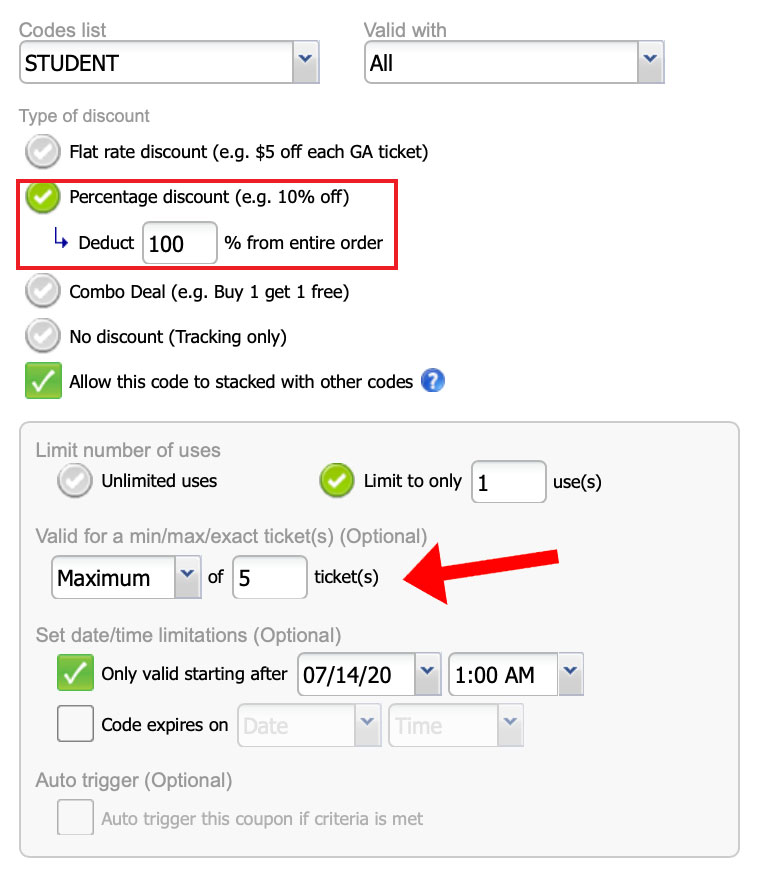 This is highly functionally for class registrations, lectures, certifications or school events online. Students can enter their ID at checkout to receive a student discount before checking out. Schools can also use coupon codes to monitor how many tickets students are granted.
This is highly functionally for class registrations, lectures, certifications or school events online. Students can enter their ID at checkout to receive a student discount before checking out. Schools can also use coupon codes to monitor how many tickets students are granted.
For example, graduations are usually limited on the number of tickets each student can receive. Instead of having staff manually monitor this process, the coupon codes (entering their ID) can be used to distribute the number of tickets each student is allowed to purchase.
|
Ticketing for Education Manage school events with an online |
3. Using auto-triggered codes
Auto-trigger coupon codes allow codes to be automatically applied when a criterion is met. A great example of this is if you’re doing a group discount that gives the customer 5% off if they purchase at least X amount of tickets.
If you’re a current Purplepass user, you can create a code (X% off minimum of X amount of tickets) and set it to auto-trigger when they meet the amount required. This also makes group ticketing and other special offers user-friendly for the promoter and customer(s).
4. Advanced pricing rules
Advanced pricing is when promoters auto-trigger price changes based on the number of tickets sold or a specified date. What makes advanced pricing different from auto-triggering is the ability to create tiered pricing rules.
For example, you could start by selling tickets at $10 until the first 50 sells. After that, the system will automatically update all current prices to a higher set amount; let’s say $15 now.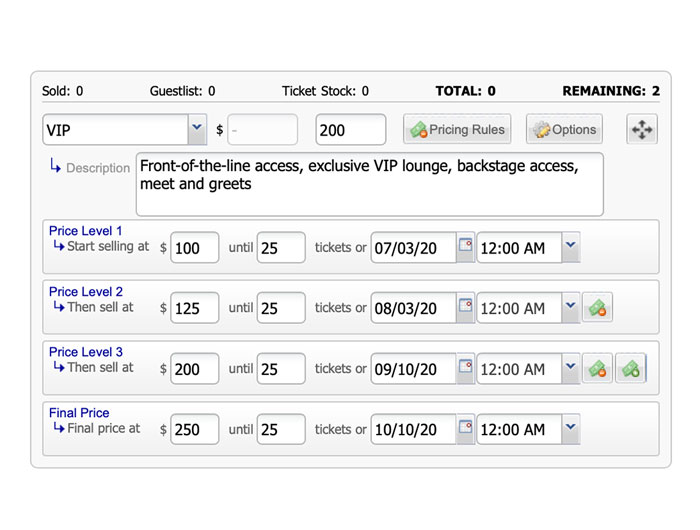 You can use this model for when you offer coupon codes.
You can use this model for when you offer coupon codes.
Let’s say you’re selling tickets for $65 dollars. You can do an ‘Early bird’ campaign and offer coupon codes with a discount of 25% on ticket orders; make sure to set an expiration date or limit to one time use.
Then, a few months later, you can do another wave of discounts to build interest with a deduction of 15% off the entire order.
5. Buy one, get one (combo deals)
We’ve mentioned a few examples of buy one, get one sales you can run when offering coupon codes. There are a few reason why promoters would want to offer combo deals:
-
To boost event engagement online
-
If attendance is low, and you need a bigger guest count
- If you want to work word-of-mouth marketing into your strategy for selling tickets. Word-of-mouth is highly encouraged with combo deals because people are more likely than not to pass the deal along to family and friends. According to IndoorMedia, 96% of Baby Boomers are most likely to use coupons. Generation X are 91% and Millennials are 87%. All high percentages of people who are looking for and using coupons.
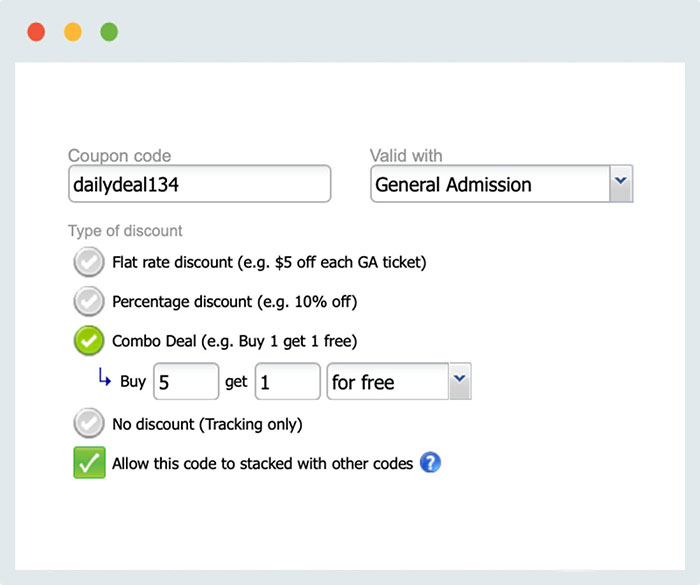
6. Early bird discounts
Early bird discounts are the most common type of promos used by event planners looking to boost sales early on.
Here is how early bird discounts work.
Basically, you’re offering a limited time offer or pre-sale of your tickets at a discounted price. The coupon code is only effective for a limited time, meaning people either use it or lose it. By doing this early on, you are getting the ball rolling on ticket sales and encouraging sales in advance.
Why would you want this?
Early sales allows marketers to get a better idea of who is buying tickets. That way they can make any adjustments early on in the game and restructure their strategy if needed based on current sales.
7. Discount/ticket giveaways
If you’ve followed our blog, you might have heard us mention ticket giveaways here and there…or all the time.
Why?
Because we love them. Ticket giveaways are conducted on social platforms such as Instagram or Facebook.
Here’s how it works.
1. Find a prize you can offer. It doesn't necessarily have to be tickets. It can be free merchandise, backstage passes and coupon codes.
2. Determine how long the giveaway will last. How long do people have to enter the giveaway?
3. How do people enter to win? You need to set guidelines for the contest and how customers can enter for a chance to win. This usually consists of sharing your post, tagging people in the comments, leaving a comment, following your account, or all of the above!
4. Announce the winner!
8. Loyalty programs (SMS messaging)
For Purplepass users, promoters often create loyalty programs using the SMS marketing tool.
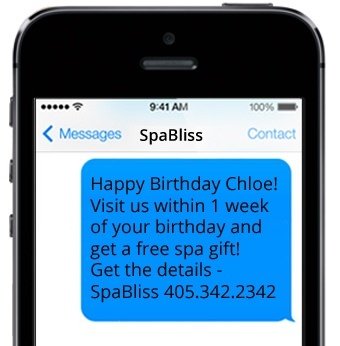
SMS is short for short-message-service. Promoters can have customers opt-in to a mailing list for receiving text alerts, updates, and promo codes for upcoming events.
Promoters can persuade customers to join their text message mailing lists or loyalty program in exchange for exclusive discounts to events via coupon codes.
|
Use SMS Marketing to promote events Send real-time updates, sales alerts, |
9. Affiliate codes for tracking commission
Coupon codes don’t always need to be used for discounting purchases; what about for tracking purposes? If events have other people or influencers promoting the event, they can issue tracking-only codes for each person.
The codes will not provide any discount, but instead can be used to track sales that came from the person. People working for commission and promoting your event just need guests that were referred by them to use their code at checkout.
This is a great way of managing a commission program without the stress of manually tracking the work.
10. Traditional codes to share (word-of-mouth marketing)
Not everything has to be digital.
Traditional advertising goes back to physical flyers, paper ads, business cards, anything you can hand out or post around town.
An easy solution for spiking interest in your event is handing out flyers or posting ads about your event with exclusive promo codes.
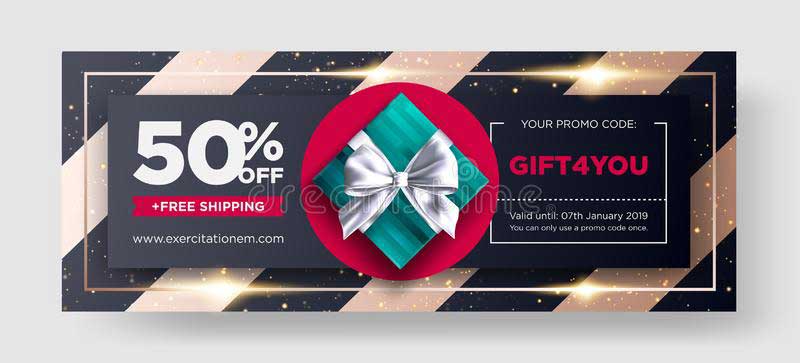
Posting traditional ads locally allows promoters to increase their event’s reach to people that don’t necessarily look online for events. Share your ads in areas with heavy foot traffic, ask businesses to pass out or post information, leave business cards, etc.
Other ways to advertise traditionally:
- In-store displays or ads
- Billboards
- Banners or signs
- Broadcast media (radio, tv, etc.)
- Direct mail or calling
- Business cards
- Postcards
- Brochures or pamphlets






